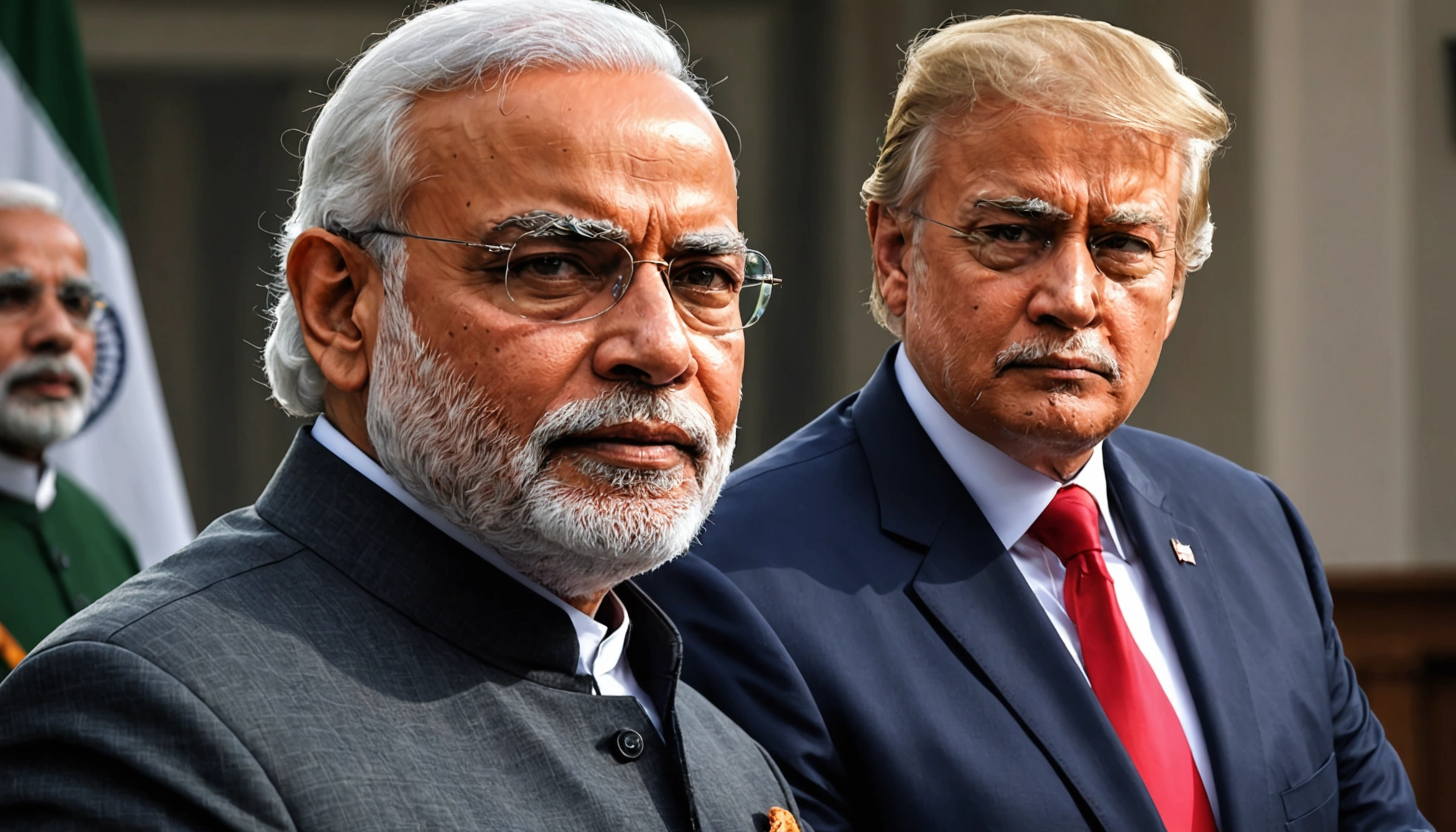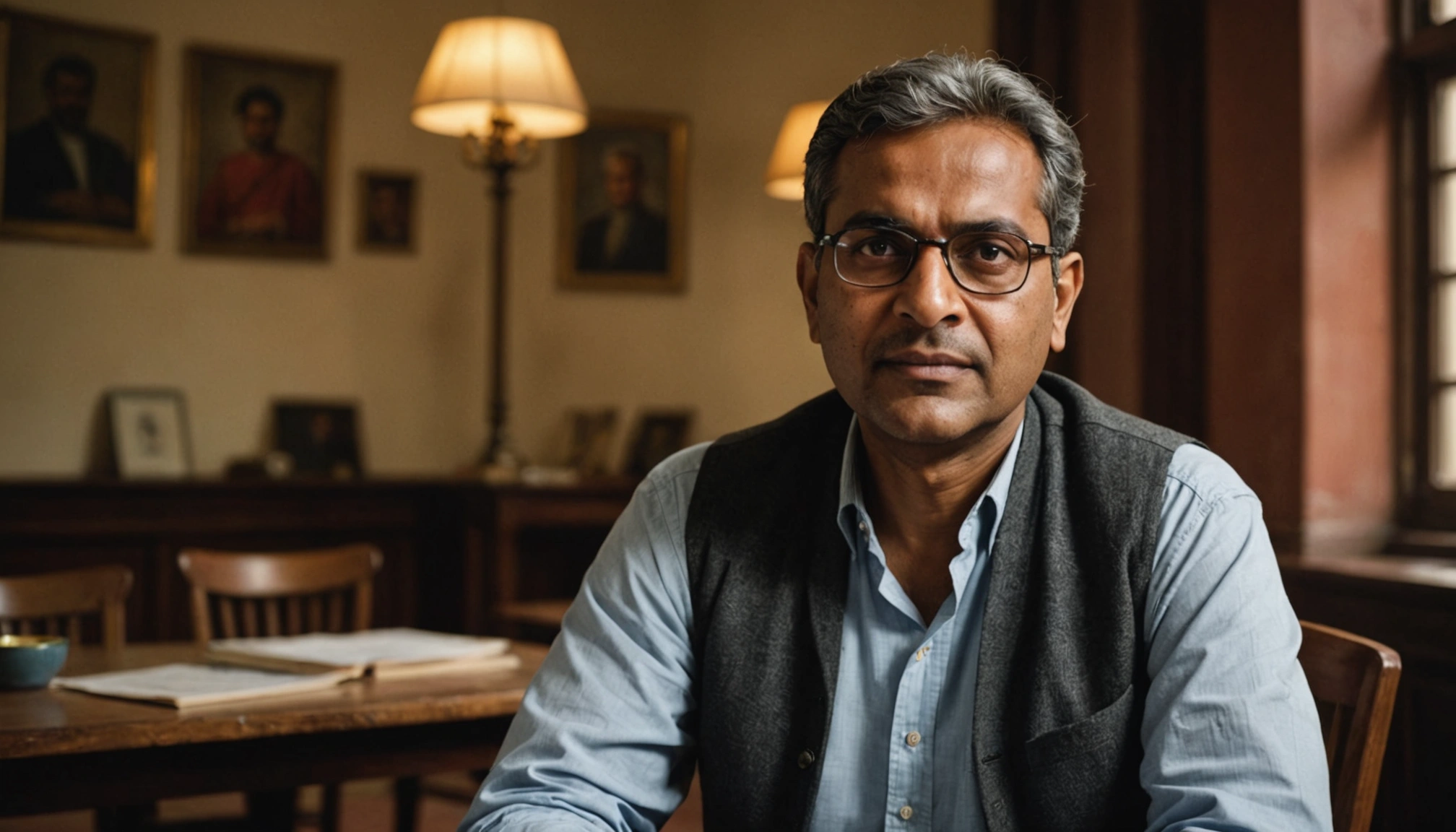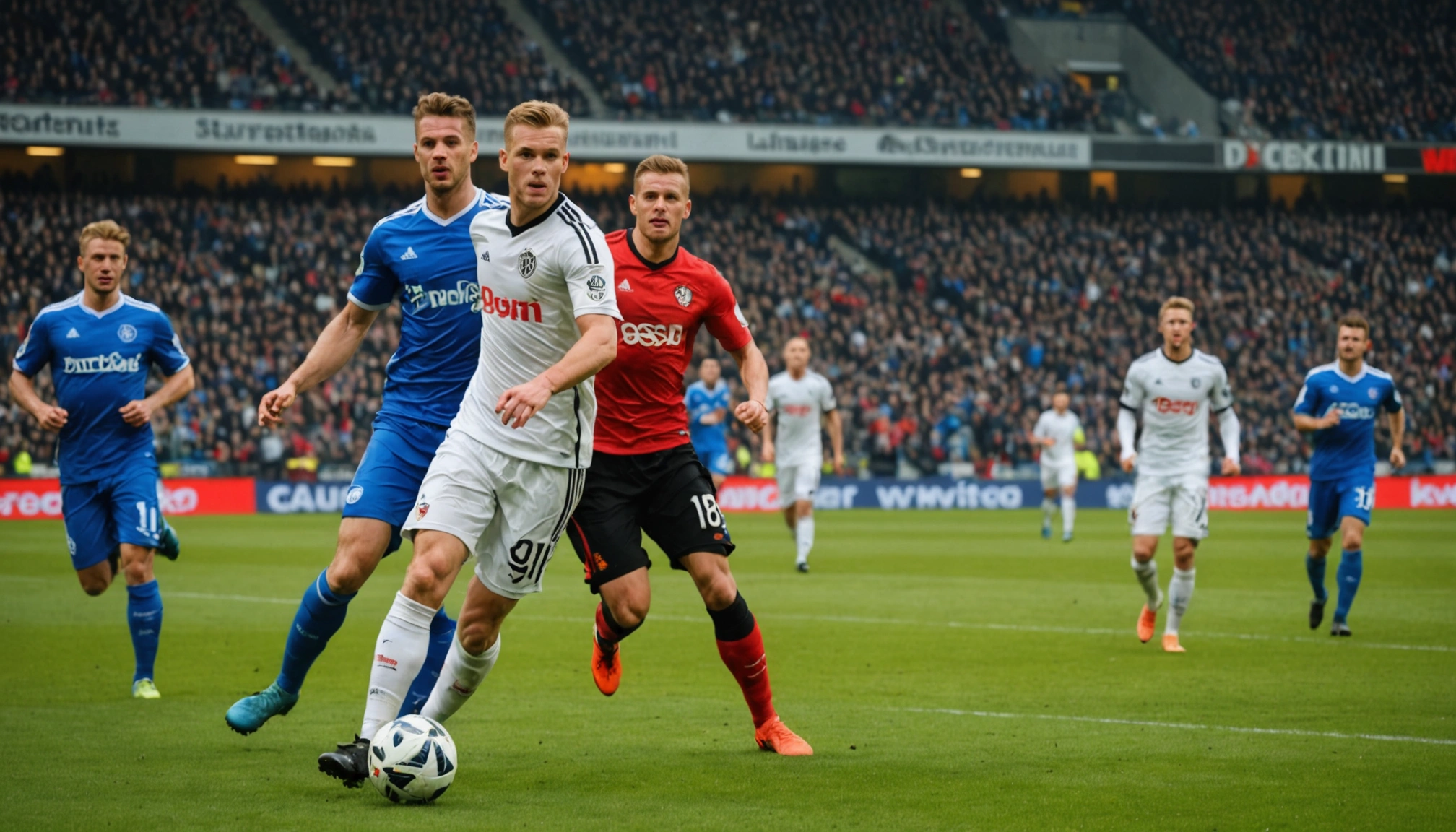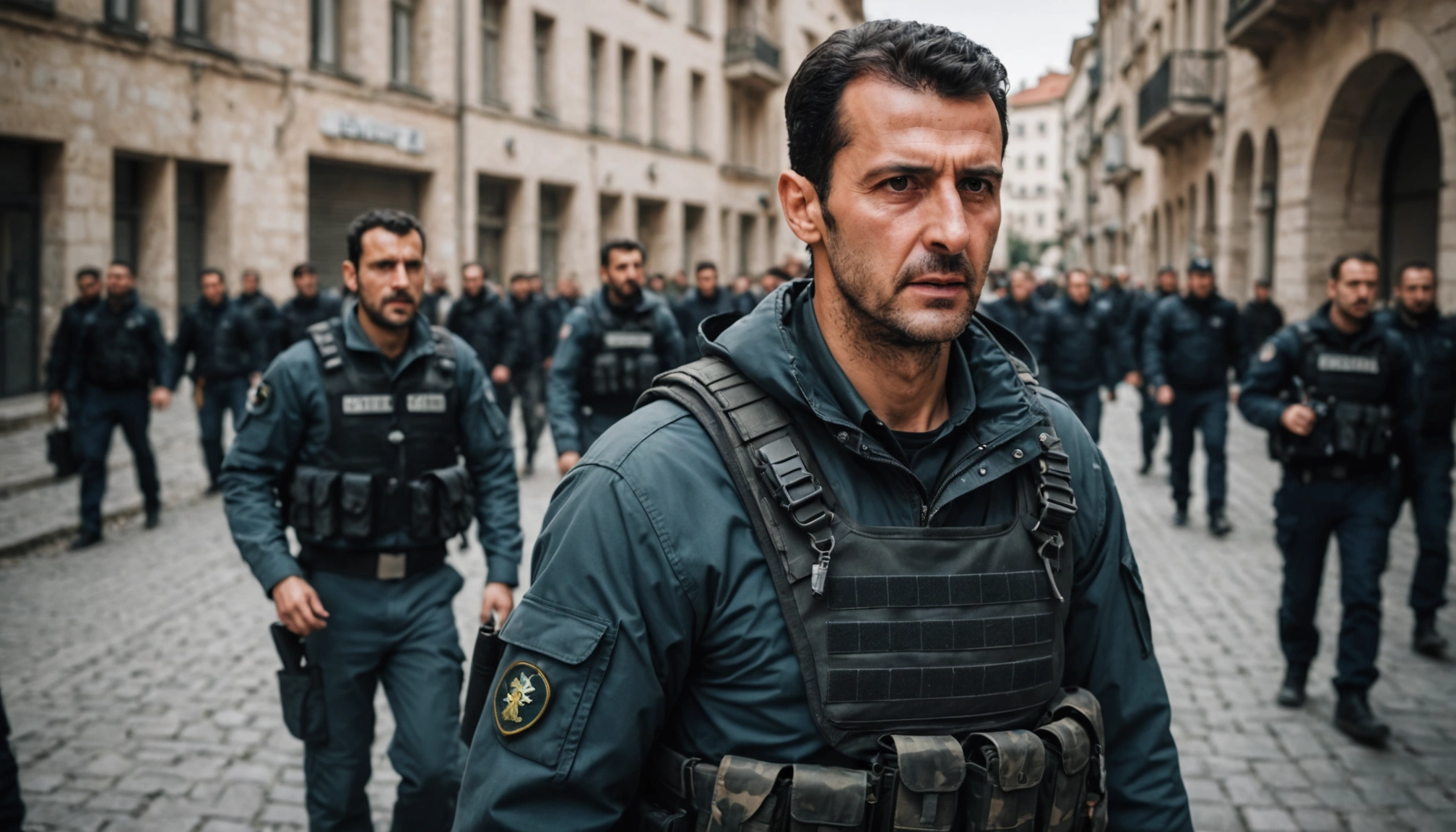Modi to Trump: No US Role Behind Ceasefire With Pakistan

Prime Minister Narendra Modi has firmly refuted claims made by U.S. President Donald Trump regarding American involvement in brokering a ceasefire between India and Pakistan. In a phone call Tuesday, Modi clarified to Trump that discussions between the two nations were conducted bilaterally, without any third-party mediation.
The conversation, which lasted approximately 35 minutes, occurred at Trump's request while Modi was in Canada attending the G7 Summit. It marked the first direct communication between the two leaders since the recent military conflict between India and Pakistan in May, known as Operation Sindoor. The conflict, triggered by a terror attack in Pahalgam, had raised concerns of escalating tensions in the region.
Setting the Record Straight
According to Foreign Secretary Vikram Misri, Modi explicitly told Trump that "during the entire course of events, at no point, and at no level, was there any discussion about a US-India trade deal or about US mediation between India and Pakistan." This statement directly contradicts Trump's repeated assertions that the U.S. played a significant role in achieving the cessation of hostilities, even suggesting that trade negotiations were used as leverage.
Misri further elaborated that the talks regarding the ceasefire were held directly between the Indian and Pakistani militaries through established channels, and at Pakistan's request. India has maintained that the cessation of military action is a suspension of Operation Sindoor, and that Pakistan remains under close observation.
India's Stance on Mediation
Modi emphasized to Trump that India has consistently rejected third-party mediation, particularly on matters concerning Pakistan and Kashmir. "PM Modi stressed that India has never accepted mediation, does not accept it, and will never accept it," Misri stated. This position aligns with India's long-standing policy of resolving disputes with Pakistan bilaterally.
New Delhi has also stated that it will not engage in talks with Pakistan unless the country takes concrete steps to prevent terrorist attacks on Indian soil. The recent military conflict was sparked by a deadly attack on Indian tourists in Kashmir, which India blamed on Pakistan-backed terrorists, accusations Islamabad denies.
Trump's Claims and Pakistan's Perspective
Despite India's firm denial, Trump has repeatedly claimed credit for mediating the ceasefire. In May, Trump stated, "If you take a look at what we just did with Pakistan and India. We settled that whole, and I think I settled it through trade. And I said, 'What are you guys doing?' Somebody had to be the last one to shoot."
In contrast to India's stance, Pakistan has publicly acknowledged and appreciated Trump's role in de-escalating tensions. Adding to the complexity, Pakistan's Army Chief, Field Marshal Asim Munir, is scheduled to meet with Trump at the White House on Wednesday.
Broader Implications
The differing narratives surrounding the ceasefire highlight the complex dynamics between India, Pakistan, and the United States. Trump's claims of mediation, despite India's denial, could be interpreted as an attempt to assert U.S. influence in the region.
Modi's firm message to Trump underscores India's commitment to bilateral negotiations and its reluctance to involve external parties in its relationship with Pakistan. It also reflects India's growing assertiveness on the global stage and its determination to chart its own course in foreign policy.
Looking Ahead
Following his visit to Canada for the G7 Summit, Modi is scheduled to visit Croatia before returning to India. While Trump invited Modi to visit him in the U.S., Modi was unable to accept due to prior commitments. However, Trump has accepted Modi's invitation to attend the annual Quad meeting in India later this year.
The ongoing dialogue between India and the United States remains crucial for maintaining stability in the region and addressing shared concerns, including counter-terrorism and trade. Despite the disagreement over the ceasefire, both countries have expressed a desire to strengthen their strategic partnership.
Related Articles

Indian Author and Translator Win International Booker Prize for Short Story Collection 'Heart Lamp'

